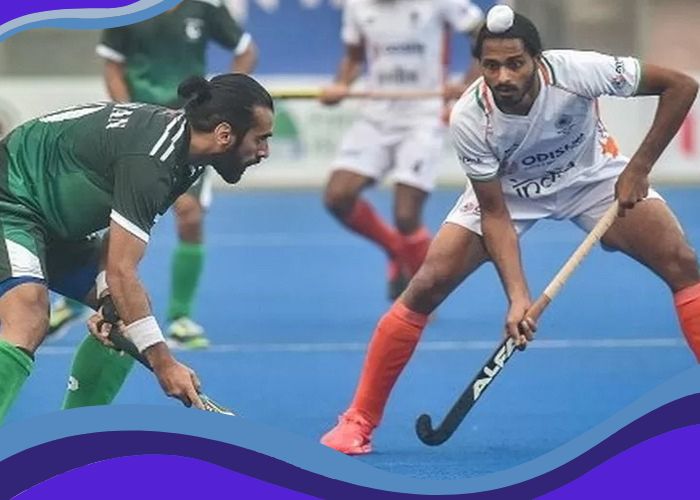
The Asian Champions Trophy has proven to be a true test of endurance for the hockey players involved, especially in the scorching Chennai summer. With temperatures soaring to 40 degrees Celsius, teams have been grappling with both the heat and their opponents. The humidity hasn’t made things any easier, and the absence of a cooling breeze has only added to the challenge.
In particular, Korea has had to face the brunt of these extreme conditions, having played three consecutive matches at 4:15 pm. Malaysia, who faced India in the late evening match, had a mere 16-hour gap before going up against Japan in the next day’s early game.
In stark contrast, the host nation India has enjoyed a more favorable schedule. Their matches have all been scheduled for 8:15 pm, providing cooler conditions and sufficient recovery time for the players. As the tournament progresses, it’s becoming increasingly evident that India’s fitness and intensity, as emphasized by head coach Craig Fulton, are on the rise. This was clearly demonstrated as India secured a hard-fought victory against Korea with a score of 3-2 in their fourth league match at the Mayor Radhakrishnan Stadium.
For India, the timing couldn’t have been better. They’ve been using this tournament to fine-tune their strategies in preparation for the upcoming Hangzhou Asian Games. Coach Fulton’s defensive-first approach has required the players to adapt and take on dual roles, both attacking and defending based on the situation. While they faced some confusion initially, the team is now beginning to embrace this new style of play.
Despite facing fatigue in the first couple of games, India’s performance has improved over the last two matches, showcasing their potential for success in major tournaments like the Asian Games and even earning a direct ticket to the Paris Olympics.
Central to Fulton’s coaching philosophy is the role of the midfielders. Their fluid play requires them to switch between offensive and defensive roles seamlessly. This tactical shift, coupled with a reduction in the full-court press compared to the previous coaching regime, has allowed India to maintain better positioning and close down spaces more effectively.
While there have been moments of vulnerability, like the instance when Kim Sunghyun managed to score due to defensive lapses, overall, India’s progress in adapting to this style is evident. Midfielders such as Nilakanta Sharma, Hardik Singh, and Vivek Sagar Prasad have been instrumental in both attacking and tracking back when possession is lost. The defensive line, led by Jarmanpreet Singh and Manpreet Singh, has also demonstrated improved composure.
Up front, however, India’s conversion rates remain a cause of concern. While missed opportunities didn’t significantly impact the Korea match, in major tournaments, these could prove to be decisive. Despite this, India managed to secure a win, with goals coming from Nilakanta’s close-range shot, a penalty corner from Mandeep Singh, and a skillfully constructed field goal by Mandeep Singh.
The victory highlights India’s growing confidence and adaptability, setting the stage for more promising performances in the tournament.
To read more such hockey news articles, visit this website.



